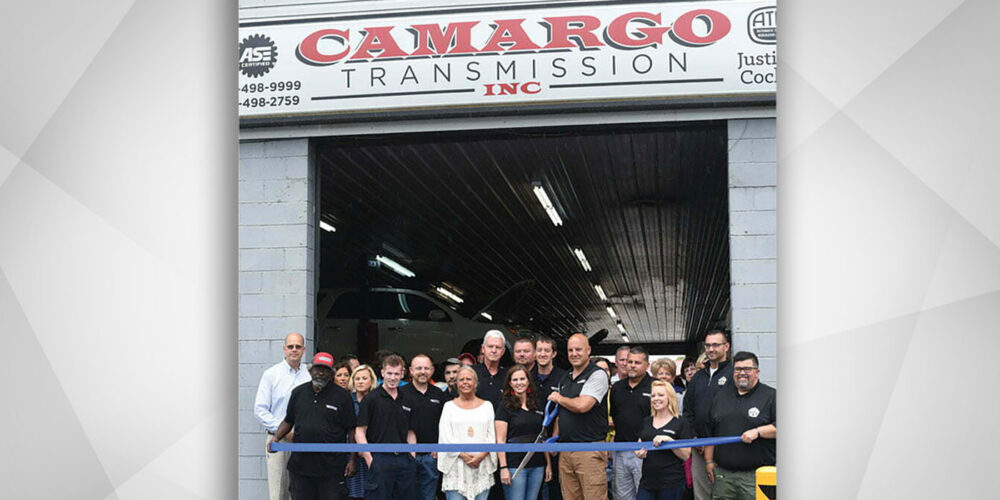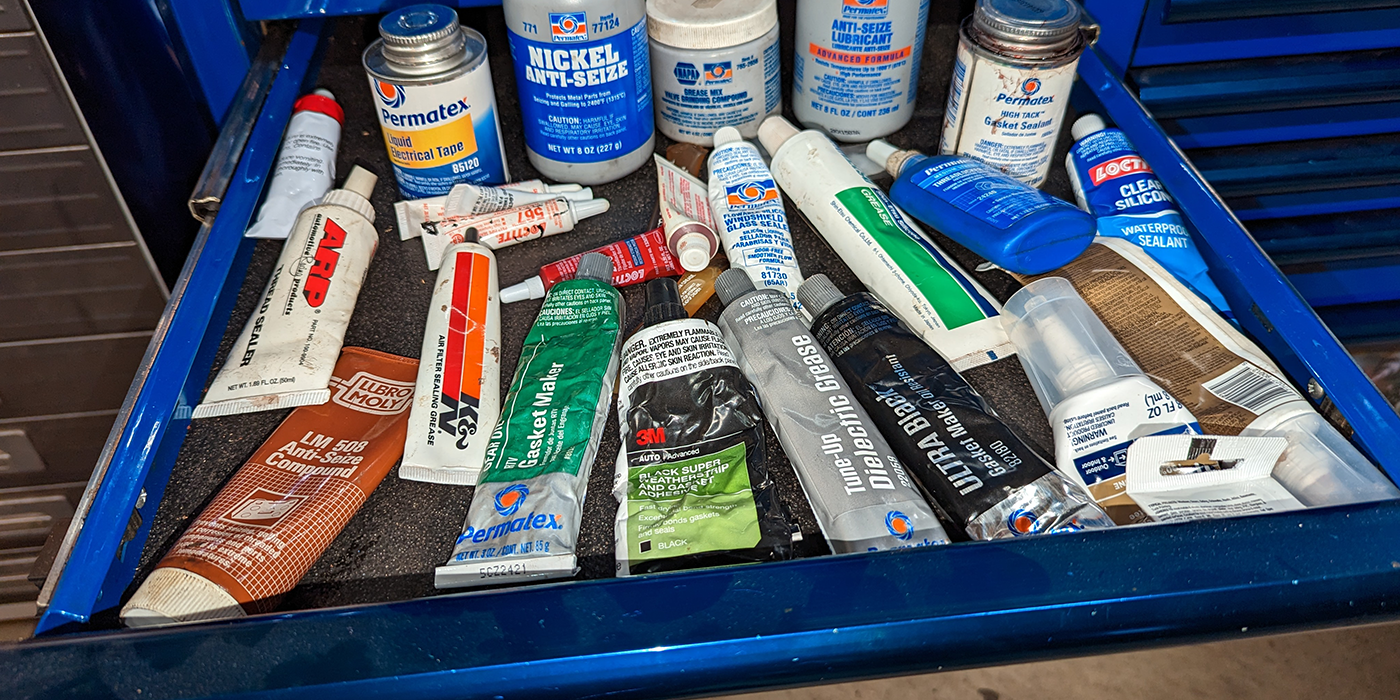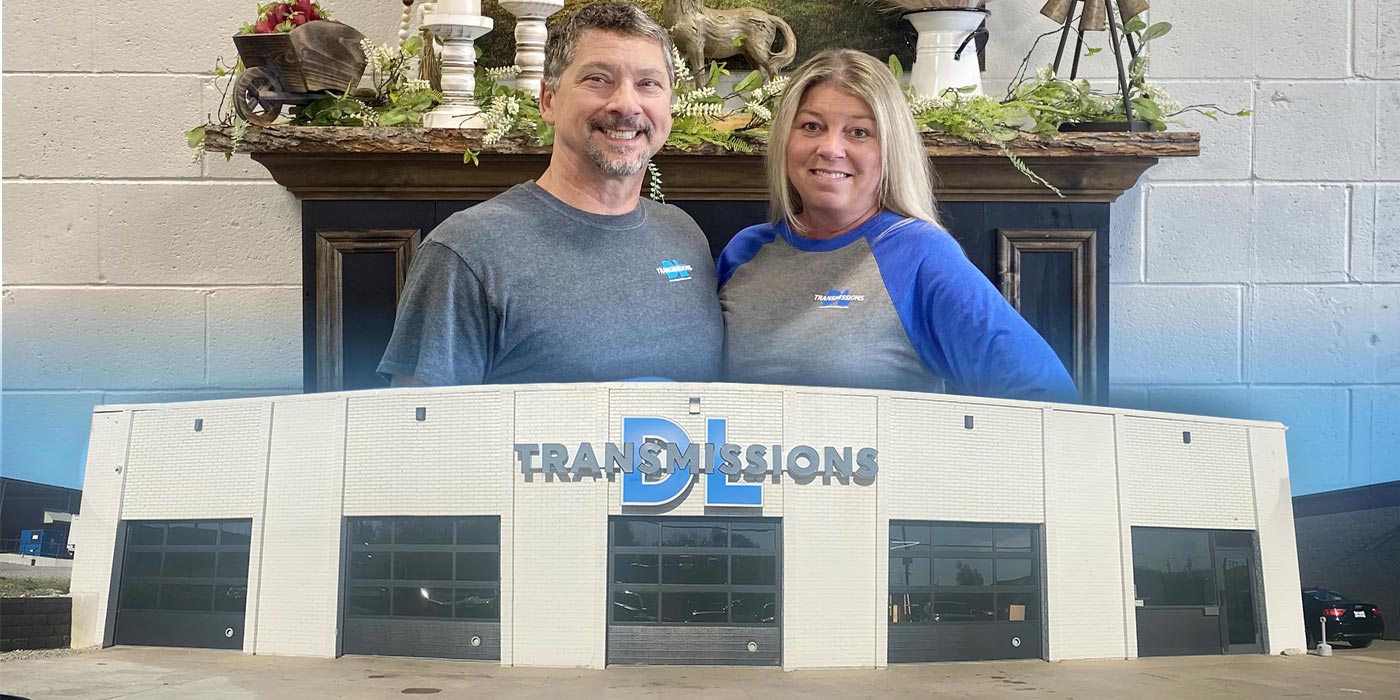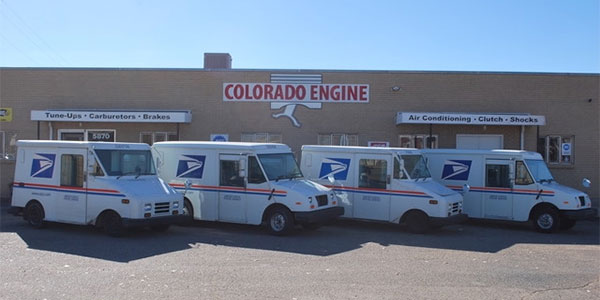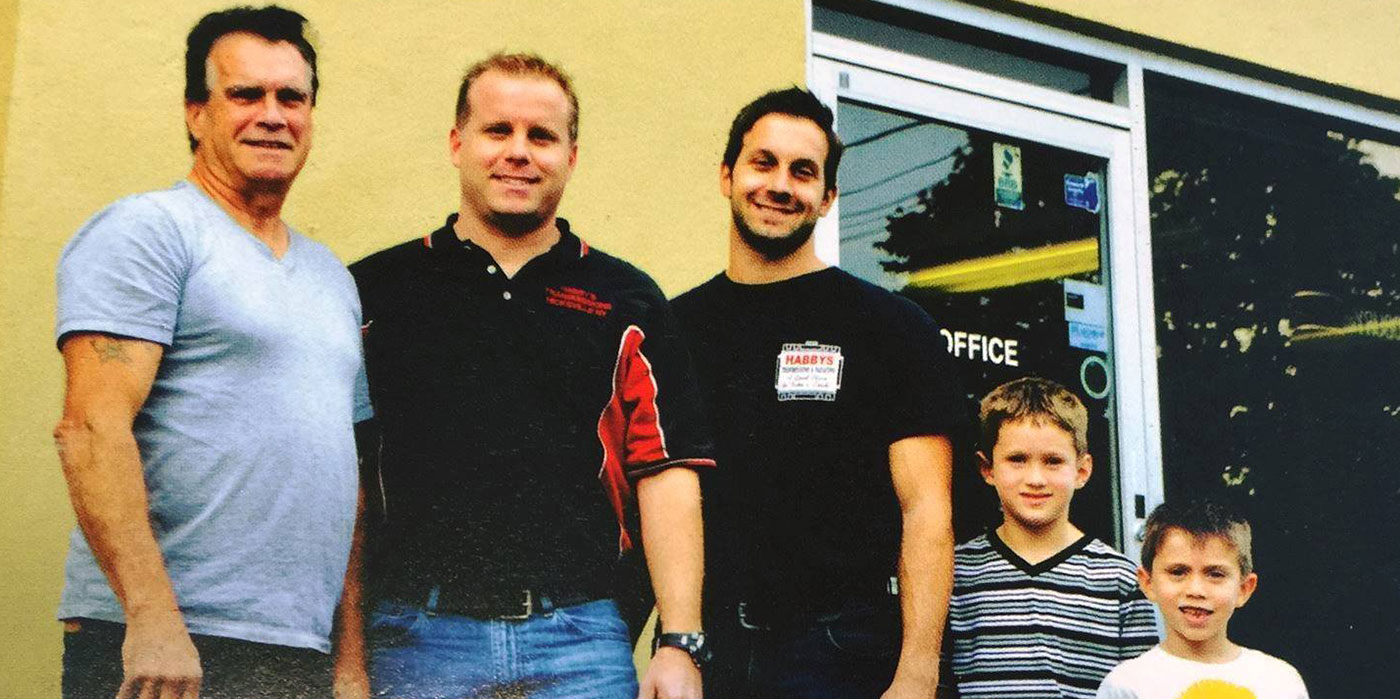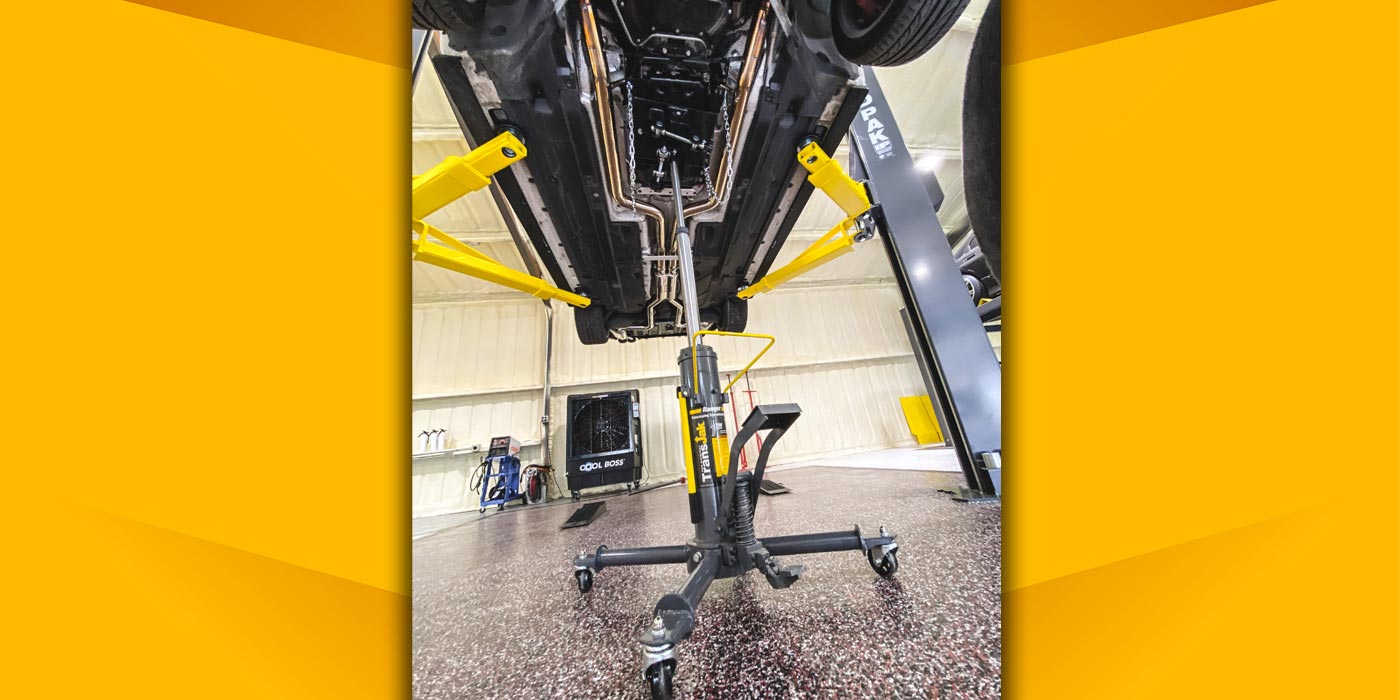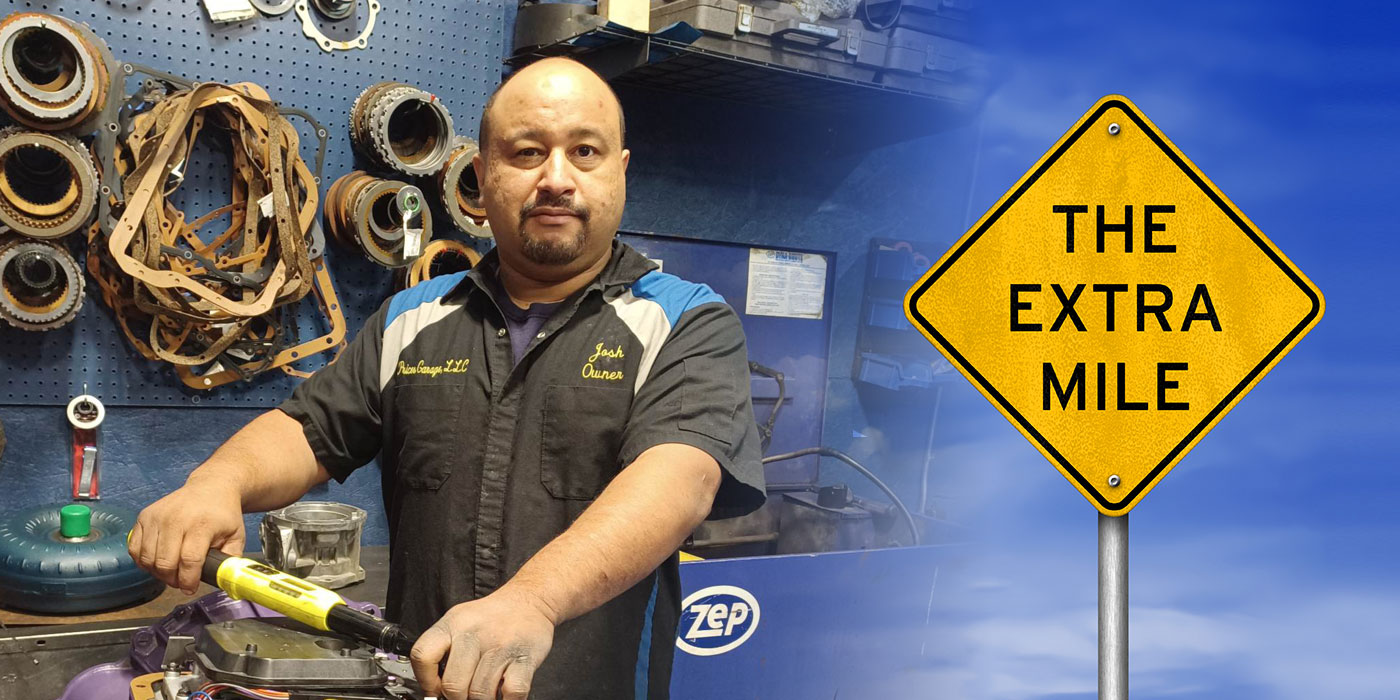
It’s Your Business
- Author: Terry Greenhut, Business Editor
- Subject Matter: Management
- Issue: Training
What do you experience when you’re in a work situation and aren’t quite sure what to do? Do you get that “I’m a little lost” feeling? Do you start guessing at what to do next or do you improvise and make up a solution based on previous knowledge of similar situations?
I’m sure we all do all of the above. Things happen from time to time that had never happened to us. It’s inevitable. We can’t know everything. What we do know is that when these things happen they take us out of our comfort zone and regular routine and make us anxious, meaning that we are not performing to the best of our ability at those moments, which usually translates to losing money in one way or another. It might be losing a sale or not getting paid enough for a sale we did make, or it could be a process that we didn’t know to perform on a particular transmission, resulting in a comeback or never-leave.
Whatever might be causing these situations, when solutions are found they need to be documented and learned so they don’t happen again – or, if they do, they can be handled easily and immediately. The idea is that it’s OK if something that costs the company money happens once, but it isn’t OK if nothing is learned to keep it from happening again or being dealt with correctly. And when we learn from something happening, what are we supposed to do with that information? Pass it along to others in our organization. That’s called training – the passing of knowledge to everyone who needs it. But it goes much further than that. What about when the employee you gave this information to is no longer with you? Do you have to suffer from the next one making the same mistake? Not if you document and train continually, but who does that?

Shop and small-business owners, in general, fill positions by hiring people who come with credentials. The assumption – and it’s the wrong one most of the time – is that they’ve already been trained and know their jobs well. One problem is that they had never worked for you. The way you do things in your shop may be far removed from the way they were done in the last shop at which this employee worked. If nothing else you have to train people to do things according to your credo and mission statement. Another problem is that employees sometimes lie about their accomplishments and skill level to get a job, hoping to fake their way in until they actually learn to do it right.
The sad truth, though, is that far too many people are thrown into jobs they haven’t been trained to do by owners who think they just need a warm body to cover it. Then, when they screw it up, they get blamed, feel bad, lose self-confidence and cost the company a lot of money.
So why don’t businesses, small ones especially, provide enough training for their employees? “Because it costs money and time.” That’s what owners will tell you. “I don’t have the money to provide all that training. I don’t have the time to devote to training my people.” Some will tell you that they have employees who refuse to take training or believe that they’ve been trained enough over their careers and don’t need any more. Then there are others who reason: “Why put money into training them? They’re just going to leave soon anyway.”
To all that I say, “Hogwash.” In a high-tech business, such as we have here, there is always something new to be trained on or refreshed in. For example, you might say that sales techniques haven’t changed much over time; it’s still a one-on-one proposition in which questions are asked and answered until a conclusion is reached, but how many of those questions are being asked or proposed correctly? How has the salesperson’s attitude changed over time? What needs to be adjusted or relearned?
I call shops all over the U.S. and Canada. Many of the owners and employees who answer the phones don’t do it right, and, sad to say, some are my former students. When I catch them taking shortcuts or even totally blowing the process, I say, “I know I trained you better than that.”
At that point they realize it’s me on the other end and say something like: “Oh, Terry, I didn’t know it was you. I don’t usually answer the phone this way.”
Ninety-nine times out of a hundred, I’m betting that’s a lie; they do answer it that way. They didn’t for a while after training but then fell back into their easy, comfortable habit that’s doing nothing for them but losing business. Anyone who has ever been to one of my seminars, listened to my recordings or read my books knows how to talk a customer into the shop without quoting a “take it or leave it” price, and I would venture to say that most, if not all, of them have used the techniques successfully. So why do they go back to using the unsuccessful method of blurting out a number only to be hung up on? It’s because they get lazy or scared or can’t be bothered to take the little extra steps necessary to do it right, but for whatever reason they abandoned the techniques, they need retraining to start doing it right again.

Turnover of employees must be accounted for. In many businesses, especially automotive, there is a significant turnover. People who have been trained to perform specific jobs may very well not be there in two or three years, yet very often their replacements don’t receive the training they need. Owners tend to lose track of time and think they’ve just recently provided training but it turns out that it hasn’t been done in four or five years – and that was with an entirely different crew.
What about employees who refuse to attend training? What do you do with them? If the owner is providing training free of charge and on company time, especially if it takes place during regular business hours, employees have absolutely no excuse for not attending. If it is after hours and some have other commitments there is some room for tolerance in working around scheduling issues, but nonetheless, everyone needs to get their training.
The fact is, though, that anyone who refuses training is indicating that they don’t much care about learning to do a better job either for themselves or for the business, and it raises the question of how long they are planning to stay and how much of an asset or liability they are to the business. I would be very careful about granting pay increases or any other favors to employees who are not willing to learn more to help my business succeed.
The negative approach would be to sanction and penalize employees who won’t take training when it’s offered, possibly even fire them. The positive approach would be to reward those who embrace the idea of learning as much as they can.
Now, what about owners who don’t want to teach employees too much for fear that they will either ask for a raise, look for another job or become their competition? They are very shortsighted. They need to realize that nothing is forever. Employees stay until they go for whatever reasons, but while they are with you they need to be as productive as possible, and to do that they must be trained.
In answer to the excuse that training costs money, compare it with the cost of not training: continuous mistakes, and lost sales and customers. Whatever the cost of training it won’t be as much as those alternatives. Every employee is an investment in the business. As we know, some investments pay off well and others don’t, but no matter. You have to invest to find out whether they will be productive for you.
Another good reason to invest in your people deals with their self-esteem. If they gain it and know that you were responsible for providing it they might just develop some loyalty to you, making them want to stay on longer and do their best. Conversely, employees who are not offered training tend to feel undervalued and don’t think the owner cares very much about providing the best service or growing the business, causing them to feel insecure about their future and prompting them to look for more-secure positions.
Owners need training, too; not only to learn their own jobs to the max but also to learn what their employees are learning in training class. Today’s business owner needs to be familiar with every phase of their operation just in case they need to fill in for missing employees.
There are lots of good reasons to provide and insist on training being maintained at the highest level. There don’t seem to be any good reasons not to.

Terry Greenhut, Business Editor, visit www.TerryGreenhut.com





